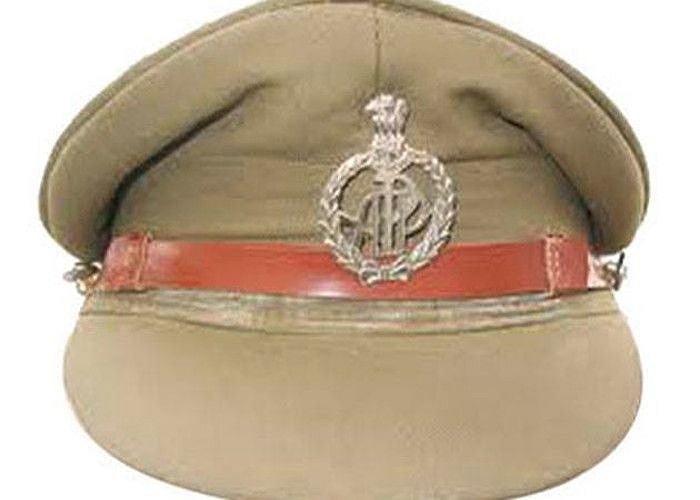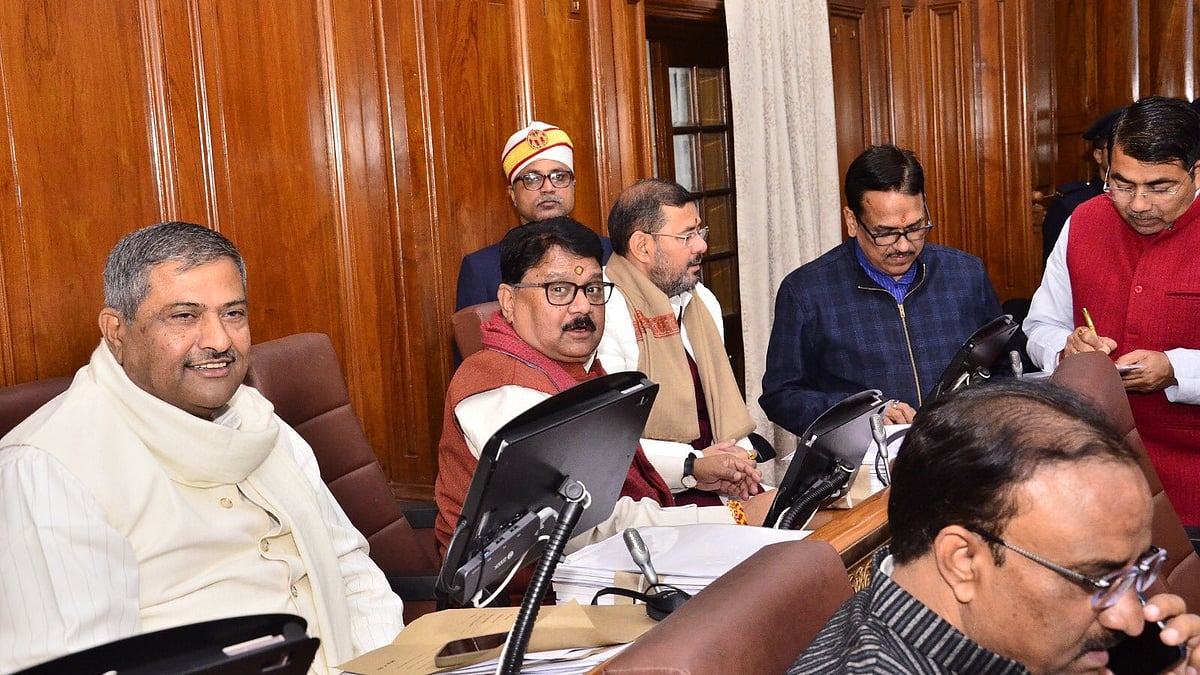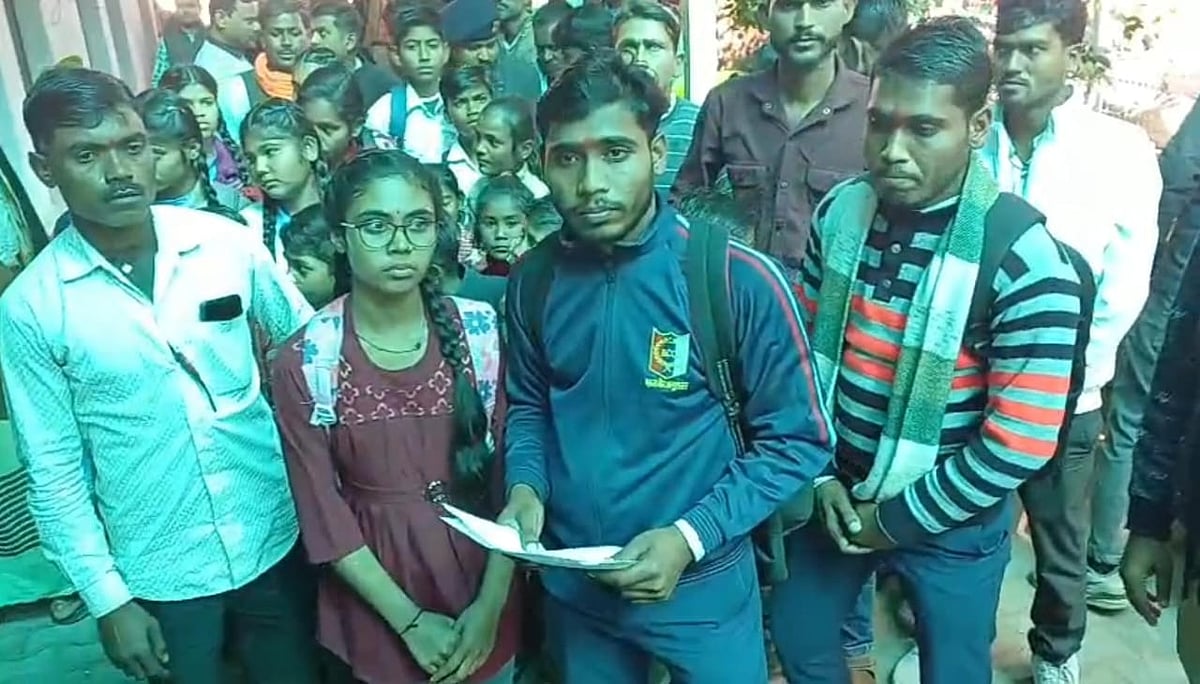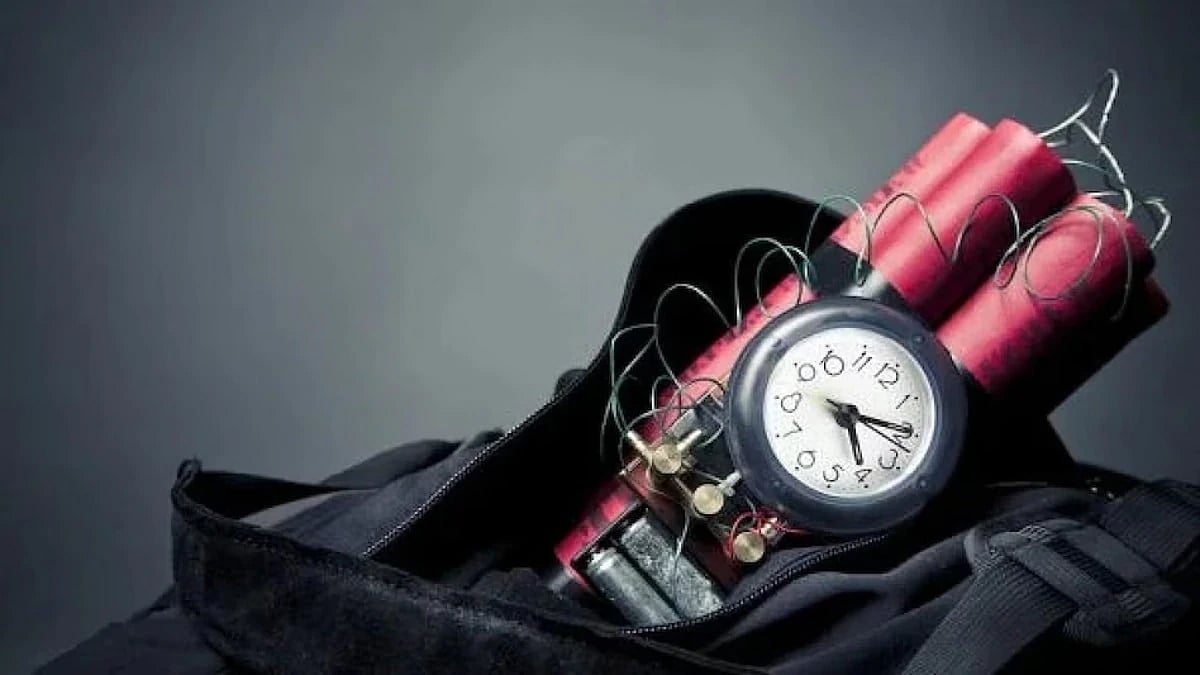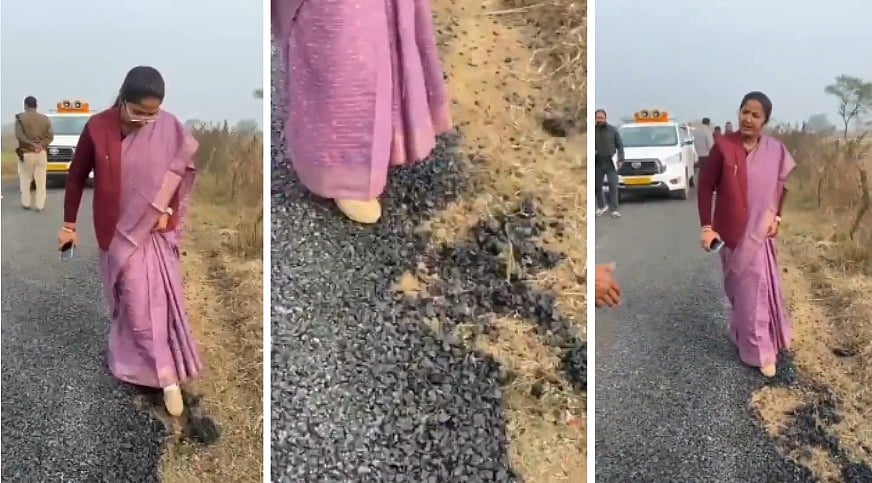Bhopal (Madhya Pradesh): In last many years, the crime graph of Bhopal and Indore kept fluctuating, causing pressure on policing system. According to National Crime Record Bureau (NCRB), 13,406 cases were registered under IPC in Indore in 2020.
In 2019, the number was 14,214. In 2018, the number was 13,858. In 2017, the IPC crimes were 16,532 and in 2016, they were 17,675.
Bhopal saw similar trend from 2013 in which 13,927 cases were registered under IPC. Next year, the number increased to 16,094. In 2015, their number reached 16,564. In 2016, the number increased to 16,955. In 2017, a slight drop in crime was seen with 15,705 cases.
Many states including Maharashtra, Rajasthan, Uttar Pradesh, Delhi and others have replaced the ‘dual control system’ with Police Commissionerate system.
Though the chief minister Shivraj Singh Chouhan didn’t announce any specific date for implementing the new system, sources in the government said it is expected to be implemented from April 2022.
Prime Minister Narendra Modi had applauded the system during his interaction with the probationers of Indian Police Service few months back. On July 30, Modi, in his hour-long interaction with IPS probationers, appreciated the police commissionerate system. He had said that system has been adopted in 16 states and others should do the same.
According to the 7th schedule of the Constitution, the police are under state list, therefore a state has power to control them. In Madhya Pradesh, dual control system exists wherein a district superintendent of police has to work with district magistrate and also depends on the latter for magisterial permissions.
For instance, before taking any action regarding maintaining law and order and preventive arrests, the police are required to take permission from district magistrates.
On the other hand, the police commissionerate system will confer certain magisterial powers including control, licensing and regulations on police commissioner.
A senior police officer says magisterial powers such as issuing order for preventive arrests, imposing Section 144 of CrPc, permission of protests or rallies, exerterning habitual offenders from regions etc will be transferred to police commissioner.
The history
The Police Commissionerate system was first proposed in 1982 in Madhya Pradesh by the then chief minister Arjun Singh. The proposal was forwarded to the central government. However, it could not be materialised.
A section of former IPS officers feel that a lobby of bureaucrats was unwilling to hand over the powers of IAS officers to police department, hence the system could not be put in place.
They claim that there will be more number of IPS officers under a Commissionerate system than in present system and it will help police department to curb crime in a better way and will make police more accountable towards people.
GP Dubey, a former director general (DG) rank officer, says that the Commissionerate system was proposed during late 70s and an official correspondence was done during the tenure of Arjun Singh, the chief minister at the time. The union home ministry had then cited MP’s tribal population as one of the reasons for non-implementation of the Commissionerate system.
Arun Gurtu, a retired DG, says that the proposal had been pending for several decades in the state. Several times, the government made announcements in this regard but it never happened.
Narendra Prasad, former DG, says that when the government felt need of Commissionerate system, the then additional chief secretary (ACS) home RK Khanna approached union home ministry. The proposal was turned down and since then it was stuck somewhere.
The ADG rank officer will be commissioner and DIG will be additional commissioner. They will have a dozen of IPS officers for different departments including cyber, terrorism, drugs and others, says the former top cop.
Narendra Prasad says that Bhopal and Indore police will really be empowered under the new system. RLS Yadav who retired as DGP in Chhattisgarh, says that the new system will change policing in Bhopal.
